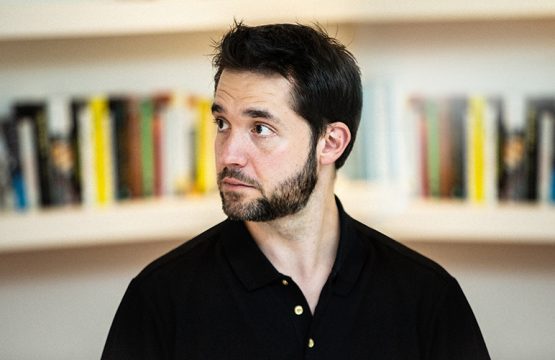Scholar Voices: Creating social change through the lens of theatre
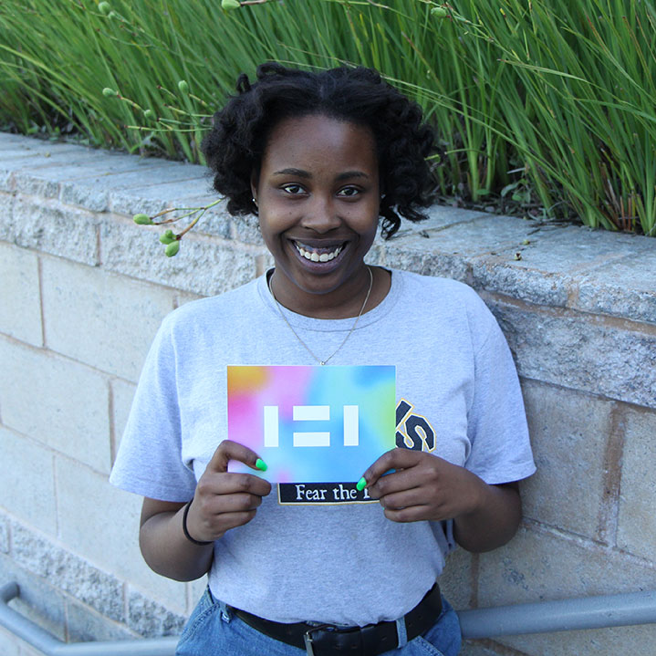
My love for theatre started when I was three or four years old and my godmother took me to see a musical, in my hometown of Boston, MA. I do not remember the name of the show or really what it was about, but I was fascinated by the colors and music. Something about seeing the performers act, sing and dance gave them this magical glow on the stage. My young and impressionable mind had concluded that to be so talented you had to have super abilities, and I knew I would be a part of that magic one day.
Once I was in middle school, I had the chance to be in the chorus, theatre elective and the after-school musical theatre club. My love for theatre continued to grow as it was a creative space to explore myself and step into another character at the same time. I was homeless through much of my adolescent years, and I found comfort and stability in theatre. I had a space to freely explore all the thoughts and questions I had running through my head about myself, those around me and the world at large.
When I was in eighth grade, I auditioned for the acting program at the Boston Arts Academy, however, I was not immediately accepted and was put on the waiting list. Fenway High School was my second choice, and where I ultimately went to school, but it focused mostly on sports, with very little art-based electives. Along with a few friends, I took it upon myself to start a spoken word poetry team. This gave us a space to explore themes and experiences that we were all facing as teenagers of color.
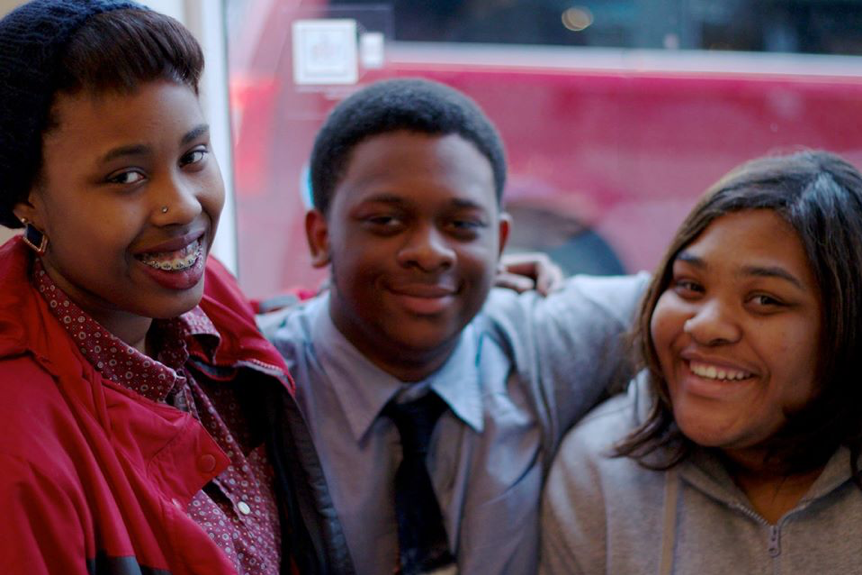
For me, the poetry team was the only creative outlet I had besides performing at open mics and consistently seeing plays. I knew once graduating high school I wanted to study theatre in college. However, while applying to schools I realized my reason for wanting to study theatre and the perspective of what this art form could do had expanded.
When I first found my love for theatre there was some tension between me and my friends who did not understand my new interests. Classmates would ask me if I wanted to be white because “black people don’t do musicals.” Even at the age of nine or ten I worried about not being black enough for my community. Yet, by the time I was a senior in high school I had grown and become comfortable living in my truth and my passions. I had seen theatrical performances that were representative of not only my culture and experiences but many others as well. I had always loved theatre, and I had a deep interest in human interactions. I was prepared to go to an institution that would allow me to jump in headfirst and tackle the big social questions I wanted to answer through art.
Hampshire College in Amherst, Massachusetts seemed like the perfect place for me with their non-traditional approach to education – and it has been. In my theatre classes, we take deep dives into the effect performance art has on storytelling and being a witness to an experience. While I am still interested in performing, I now know I want to bring this love of theatre to underserved communities.
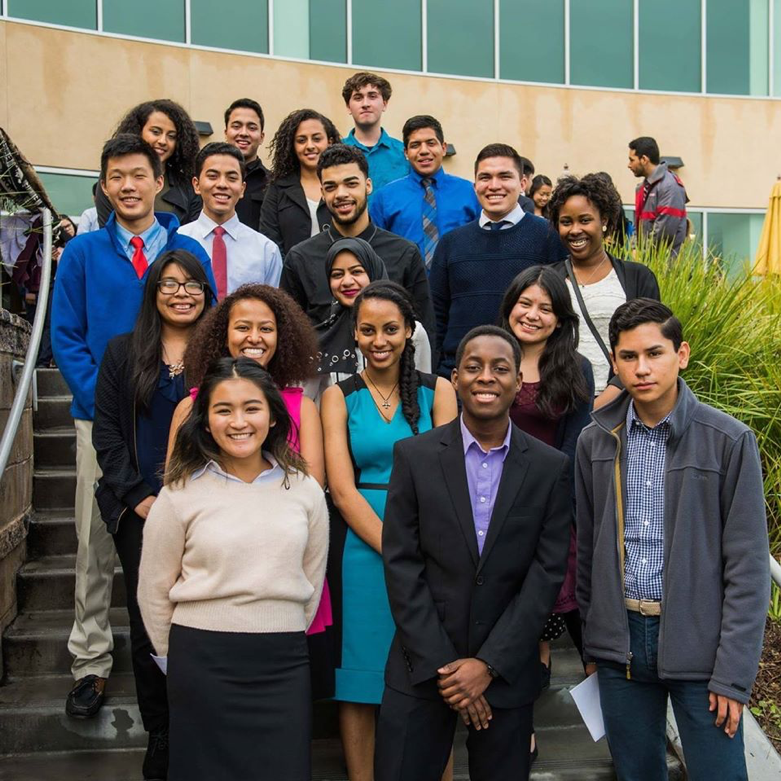
It took me some time to feel comfortable in my decision to be a theatre major. I remember attending TGR Foundation’s Winter Workshop after my first semester in college. Over the course of the three days, we had a chance to gather with our cohort to talk about how we had adjusted to college life so far. I was very nervous as many of my fellow Earl Woods Scholars were at institutions like Harvard or Stanford while I attended a small liberal arts school. I began to cry as I talked about my first semester. I felt a little bit insignificant compared to the other scholars in my class. I was not planning on being an engineer or a doctor, like many of them. I wanted to use art as a way to share, cope and heal.
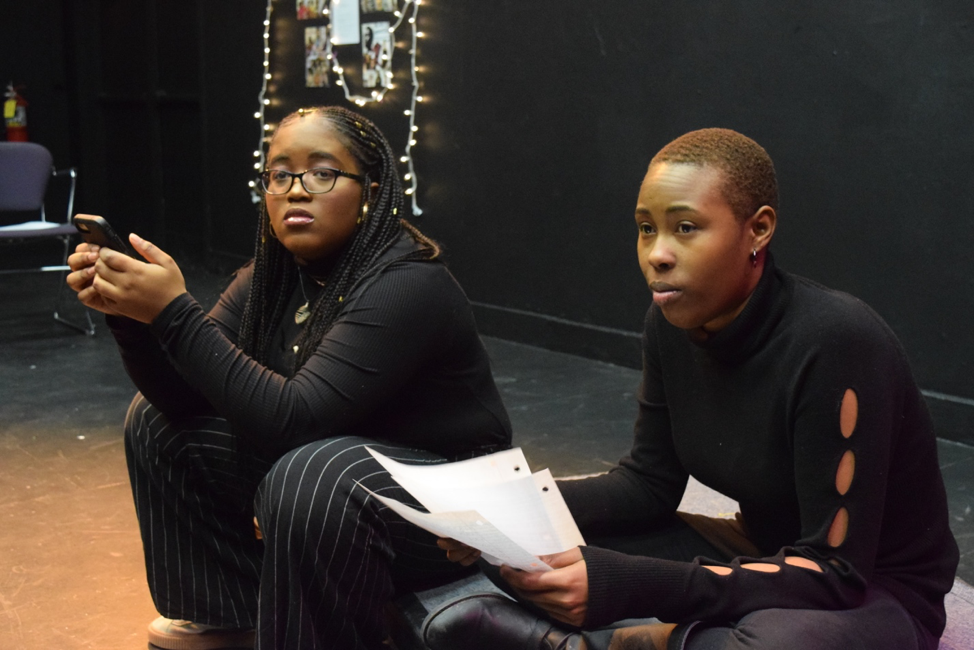
Everyone quickly assured me I was doing important and very beneficial work. I was different from everyone in my cohort, and rather than seeing my difference as something bad, I realized I was just a unique addition to my class. We are all following our hearts and making the biggest strides we can in the fields we love.
During my sophomore year at Hampshire College, I began leading theatre education programs with first and second-grade students. I also secured community engagement summer internships with theatre companies in Boston. At one point, I took a break from acting to explore different roles in the production process such as directing and stage managing. Through all my experiences in theatre, this art form has taught me how to truly listen to people. Theatre, at its core, is about creating spaces where we can discuss the most difficult topics while still exuding love for one another despite differences.
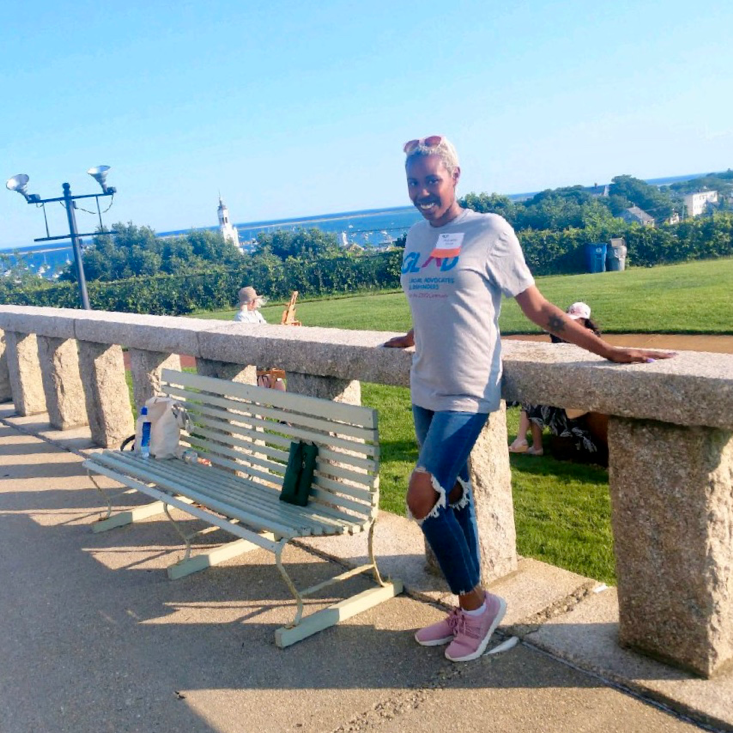
As I come to the end of my college career, I am proud to say I will have a degree in Theatre and Social Sciences when I graduate this spring. Additionally, I plan to continue my training to become a birthing and postpartum doula. For my senior thesis, I am directing a play titled, “Blood At The Root” by playwright Dominique Morisseau. The choreo-poem piece deals with the racial tension rising between high school students in a small Louisiana town after a 2006 incident. An important part of this process is working with middle school and high school students. We will be discussing the various themes that come up in the show while giving these young people a space to reflect on their communities and personal experiences through a critical activist lens. The students will also have a college-access experience at Hampshire where they will take a tour of the campus, have lunch and finally come see the show which will follow with a post-show forum.
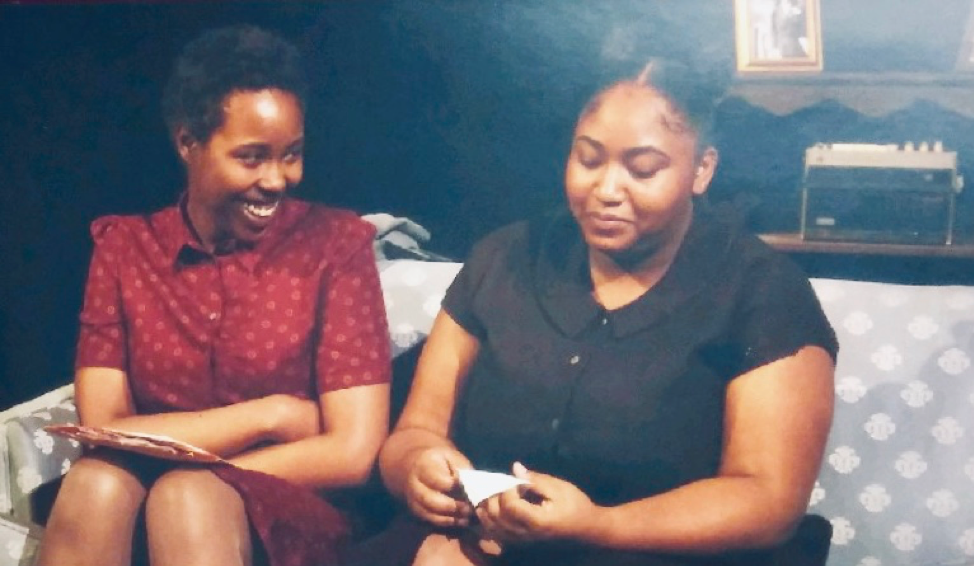
My future plans are to continue working in theatre with the hopes of creating social change. I like working with teenagers mostly because I believe that’s when my performance awakening happened. My main goal is to give these young adults a space to understand their voices and reinforce to them that their ideas are powerful and they can truly accomplish whatever they set their minds to.
Theatre is so much more than entertainment, it has taught me discipline, love and how to appreciate the darkest things and the most beautiful things existing in our world. One day I hope to open a theatre company for young people in underserved communities where they can come to make art that is reflective of their world and make it possible to dream other realities. In the meantime, I’ll continue to learn and work on being an unapologetic queer, black femme artist in a society that diminishes my existence and experiences. Within the stories we all tell, inclusivity and honesty will flourish.
Redefining what it means to be a champion.


